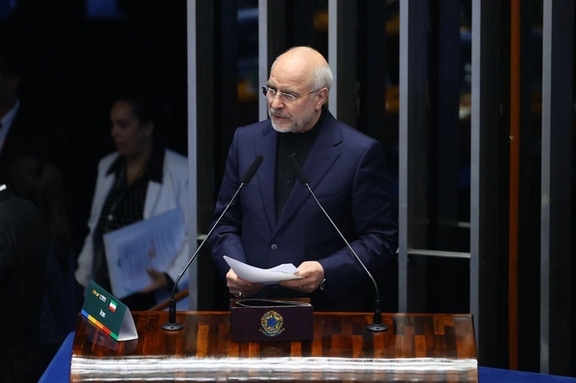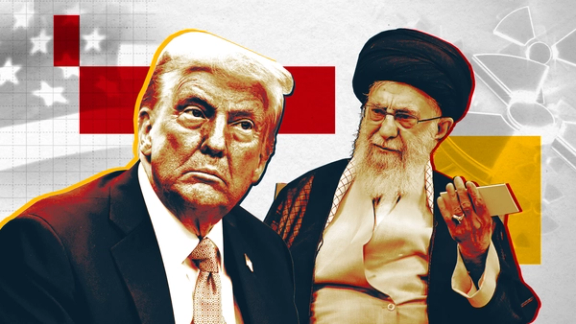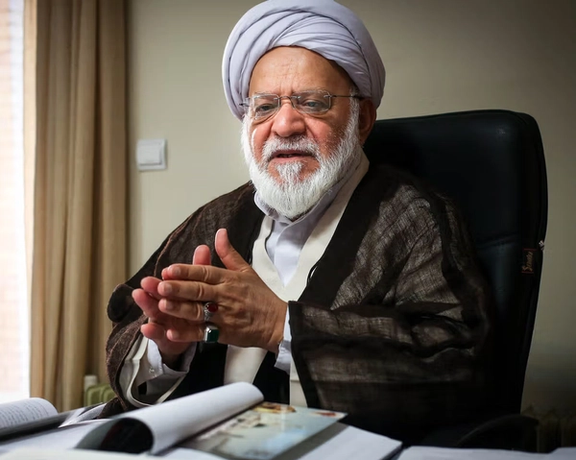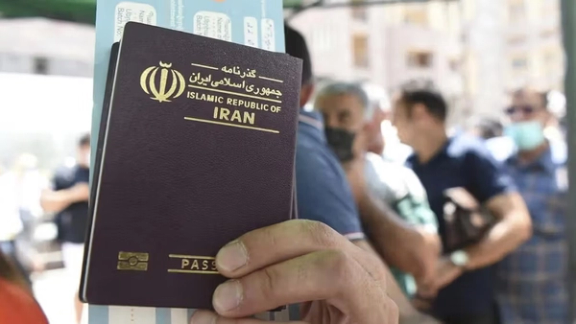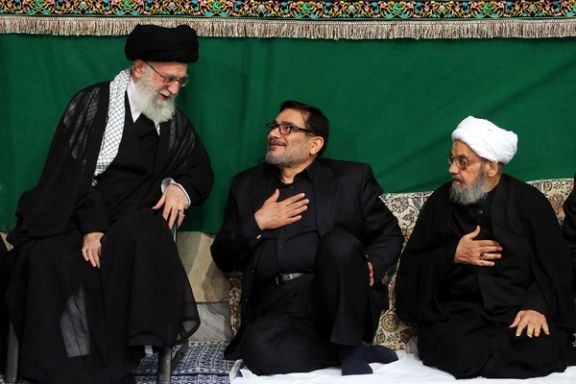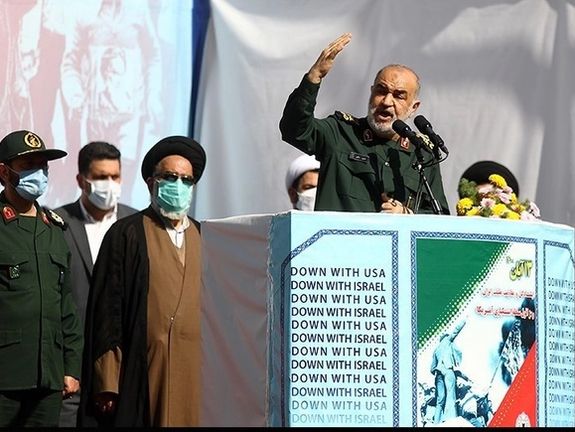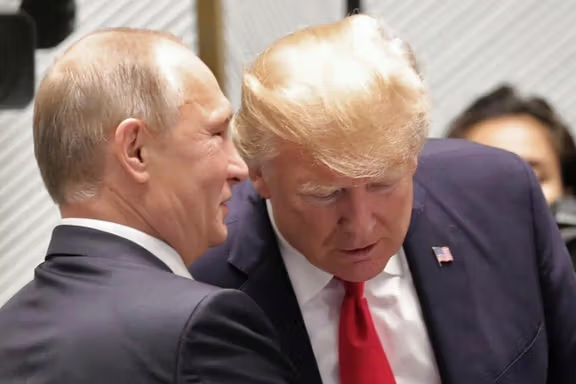Another round of nuclear negotiations between US envoy Steve Witkoff and Iranian Foreign Minister Abbas Araghchi could take place this weekend, Axios reported on Wednesday, citing sources familiar with the matter.
The potential meeting comes amid heightened tensions following Iranian Supreme Leader Ali Khamenei’s sharp rejection of the latest US nuclear proposal, which he said would undermine Iran’s self-sufficiency by limiting its ability to enrich uranium.
“A nuclear industry without enrichment capabilities is useless,” Khamenei said in a speech on Wednesday, adding that the US demands contradict Iran’s principles and disregard the sacrifices of its nuclear scientists. “That’s none of your business,” he added, addressing foreign powers who oppose Iran’s enrichment efforts.
Shortly after Khamenei’s remarks, Araghchi echoed the sentiment on X, writing: “No enrichment, no deal. No nuclear weapons, we have a deal.”
The US proposal, as previously reported by Axios, would allow Iran to conduct limited low-level enrichment under a regional consortium, while requiring Tehran to suspend operations at underground sites and scale back activity at above-ground facilities for a temporary period. Key details remain under negotiation.
